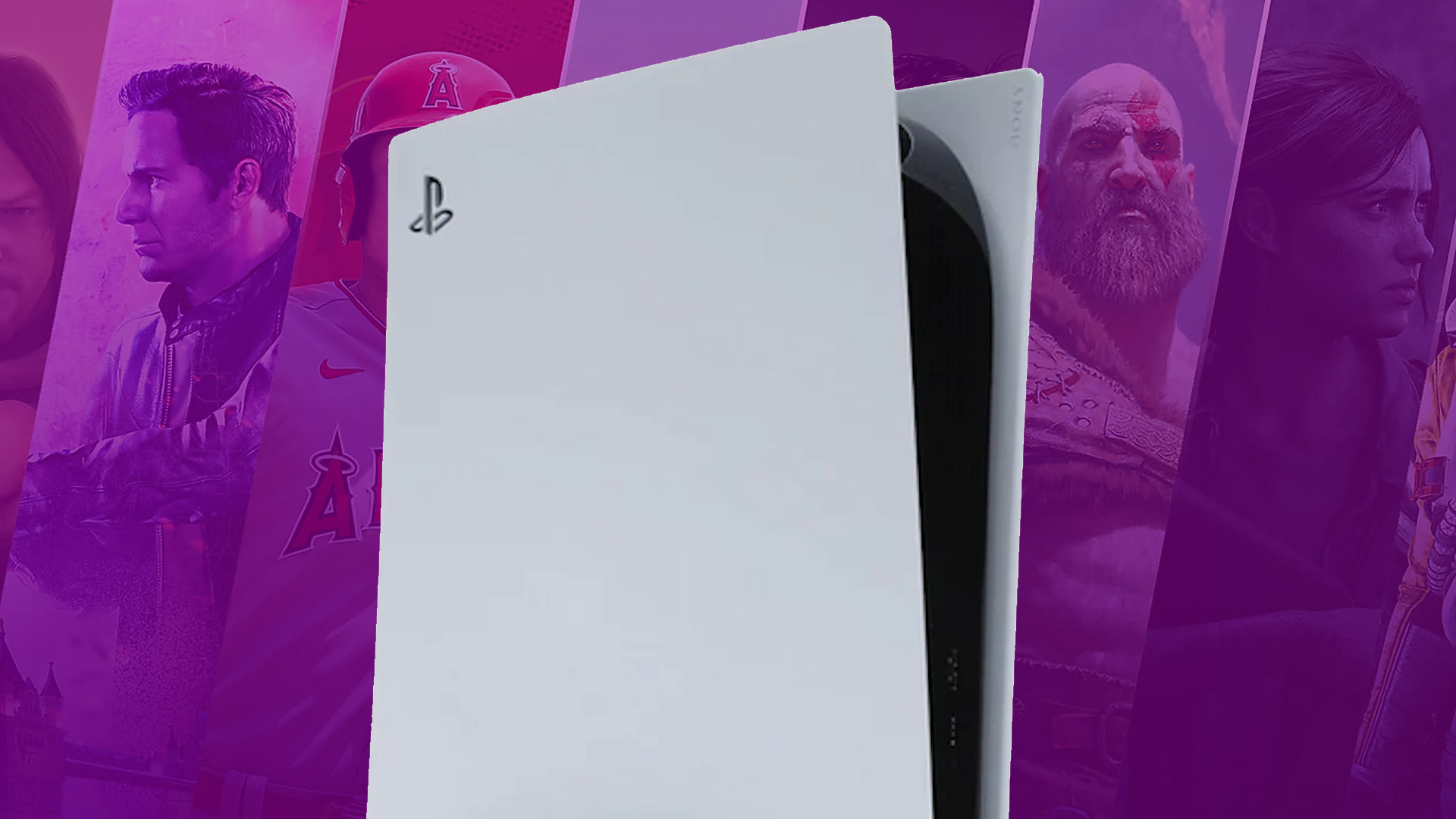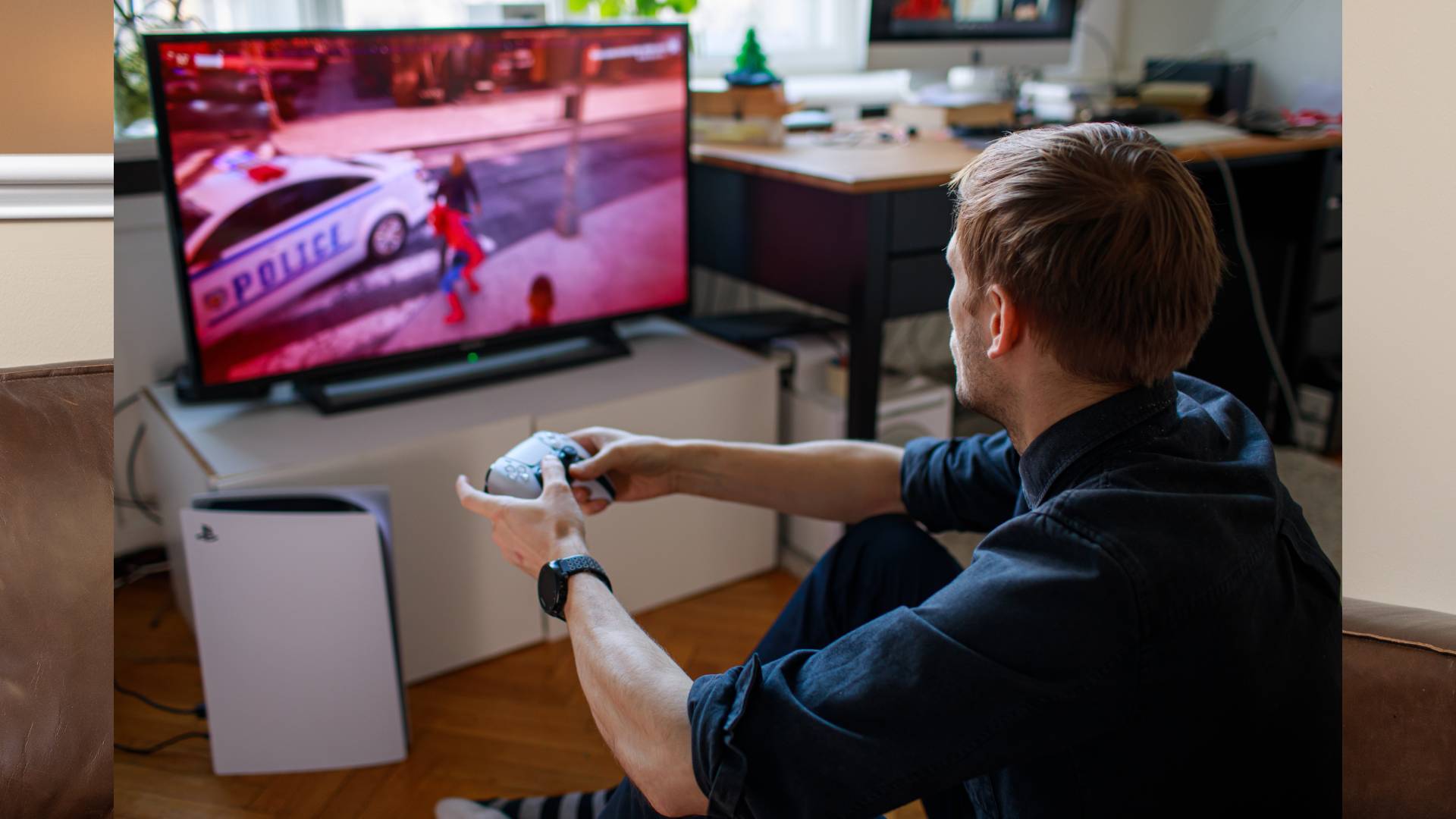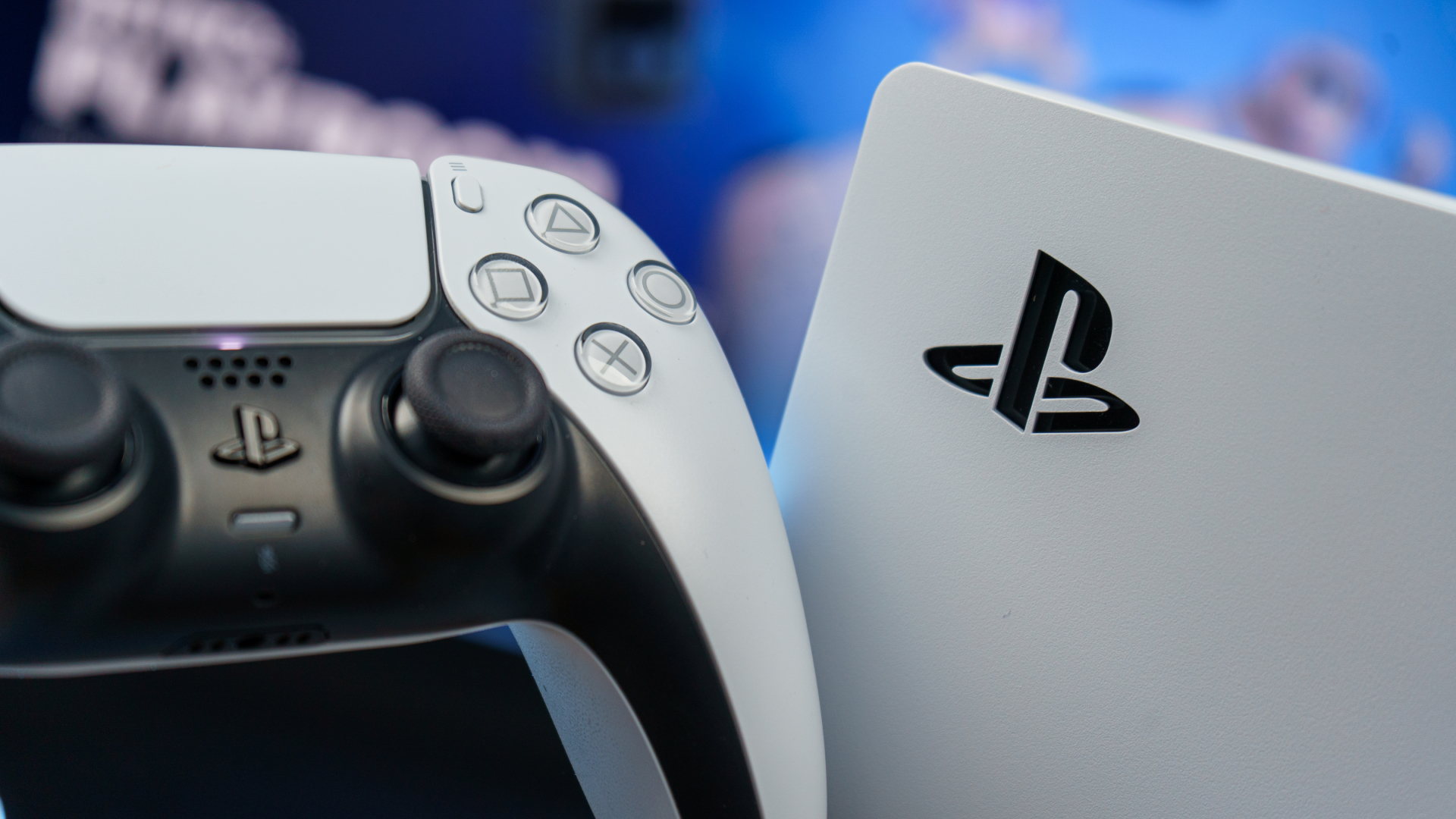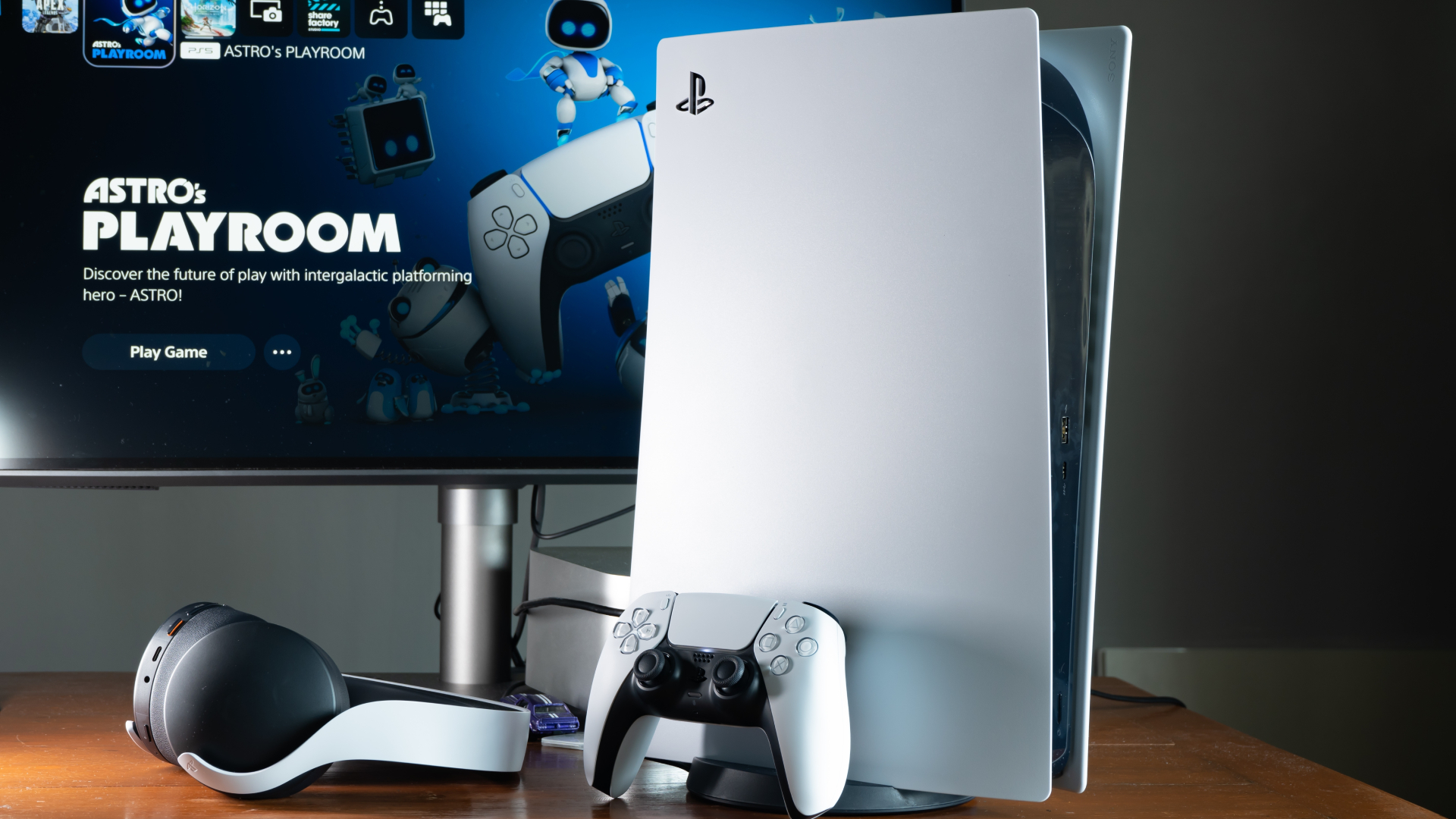
Sign up for breaking news, reviews, opinion, top tech deals, and more.
You are now subscribed
Your newsletter sign-up was successful
Sony’s really knocked it out of the park this generation. The PS5, while still a nightmare to buy in some regions, is an outstanding console. Packing in tons of high-end features and offering an excellent line-up of first-party exclusives. It’s the most technically accomplished system the Japanese manufacturer has implemented. So do we really need a PS5 Pro?
The PS5 already offers a comparatively high-end experience that an upgraded model may only be able to improve upon marginally. If anything, Sony’s done a great job of supporting its current hardware with enough new features that a PS5 Pro feels unnecessary.
The PS5 we have now is far more than its library of games. Support for VR, up to 120Hz refresh rate, Gen 4 NVMe SSDs and lightning-fast load times make the console a massive technical improvement over the PS4. The phenomenal DualSense controller is icing on the cake, too, making for a thoroughly future-proofed gaming experience.
In order to improve upon the standard PS5, Sony would have to implement some serious upgrades in the PS5 Pro. But these improvements likely won’t come cheap and will almost certainly increase the overall cost of the already pricey console. And frankly, I don’t think it’ll be worth that premium price tag.
Mid-gen madness

Sony isn’t a stranger to mid-gen console upgrades and revisions. Not only has every generation of PlayStation seen slimmer, revised models after launch, but the company also introduced the PS4 Pro in 2016. A console that was a decent upgrade with an improved GPU but missed the mark with an identical CPU to the base model, and its extra bulk made the thing an eyesore in any gaming setup.
It also had 4K support, but games largely opted for checkerboard rendering to provide an emulation of 4K rather than the real thing. And while checkerboarding can get the job done and help keep framerates stable, not being native 4K means visual artifacts are more noticeable.
Sony has largely cleaned up 4K output on PS5, with most AAA releases featuring a resolution mode that can match 4K. The real issue is that many of these games drop to a framerate cap of 30fps to allow for a 4K on PS5. Games with 4K 60fps support still typically rely on checkerboarding or dynamic upscaling to get the job done.
Sign up for breaking news, reviews, opinion, top tech deals, and more.
Native 4K is an area a PS5 Pro model could improve on. A more powerful PS5 should be able to more reliably match 4K resolutions with a high framerate without relying on upscaling tech. I think I’d still prefer to take a resolution hit and opt for performance modes – allowing for a smoother 60 or 120fps – but improving 4K support overall would be a massive win for PS5 Pro.

But how about even higher resolutions? The base PS5 technically supports 8K, but the vast majority of games don’t feature it, with good reason. 8K displays are still extremely expensive, and most people don’t own them. Analysts Omdia predict that just 2.7m people will own an 8K TV by 2026, so while PS5 Pro-enhanced games could patch in 8K modes, few people would actually benefit from the upgrade, even two to three years from now.
One area Sony could enhance the PS5 is with an upgrade to the console’s internal storage. Currently, the PS5 has 825GB of space, but when you factor in the operating system, it actually works out closer to 650GB. With modern games getting bigger and bigger, that doesn’t let you install all that many games.
I would love for Sony to expand beyond 1TB with the PS5 Pro. Gen 4 SSDs have gotten much cheaper over the last couple of years, and there’s potential there for Sony to push its included internal storage up to at least 2TB. It shouldn’t cause too much of a dent in manufacturing costs. The alternative option, one I think is equally likely, is that Sony opts for newer Gen 5 tech for its storage.
Given the extra cost of adding in a Gen 5 SSD, that may still work out to just 1TB of storage, albeit allowing for even faster load times than the base model. It could well be a case of Sony weighing up a tradeoff between bolstered storage and the same amount, operating even quicker.
The price of power

Let’s not sugarcoat it; Sony’s recent trend towards expensive peripherals like the upcoming DualSense Edge and PSVR 2 indicates that a PS5 Pro model will be steeply-priced. The current PS5 sits at $499.99 / £479.99 after Sony’s price increase. And I can see a PS5 Pro retailing at an even higher price, $549 / £529 at the very least, but I wouldn’t be surprised to see it hover around the $599 / £579 mark or beyond.
And the sunk cost might not stop there. Let’s say Sony goes all in on 8K support, launching new games with high-resolution modes and potentially patching them into existing titles. As most of the best 8K TVs cost a fortune, it’s not just an expensive upgraded console you’ll be buying; you may need to upend your gaming setup to get the most out of a PS5 Pro.
As it stands, I can’t see a PS5 Pro being a worthwhile investment. Not without some seriously head-turning improvements. I’d love a true 4K 60fps experience across the board. Still, right now, fantastic features like VRR can efficiently paint over the cracks of inconsistent performance to deliver a smooth experience on base PS5.
Ultimately, I think the PS5, as we have it now, already fits the bill of a premium console. Some aspects could certainly be improved, but the enhancements over last-gen are already drastic. The PS4 Pro and Xbox One X were the first times we saw a significant mid-gen upgrade, largely to account for the large 4K TV market that the base consoles didn’t support.
There isn’t that same need for a mid-gen upgrade anymore. The PS5 is close to what I would expect from a mid-gen ‘Pro’ model, and the only way I could justify spending cash on a PS5 Pro would be if it ends up matching the base console in price, which sadly isn’t likely.

Rhys is TRG's Hardware Editor, and has been part of the TechRadar team for over four years. Particularly passionate about high-quality third-party controllers and headsets, Rhys strives to provide easy-to-read, informative coverage on gaming hardware of all kinds. As for the games themselves, Rhys is especially keen on fighting and racing games, as well as soulslikes and RPGs.